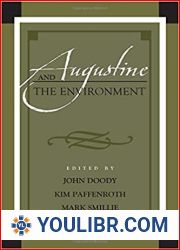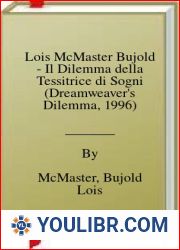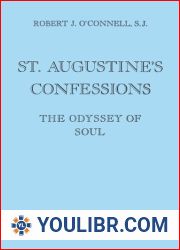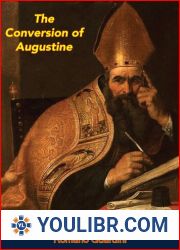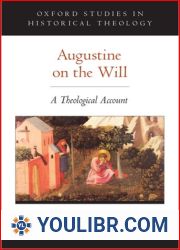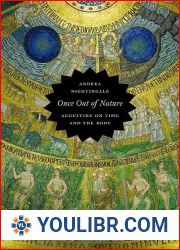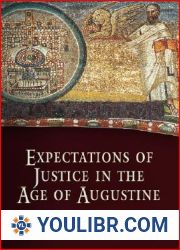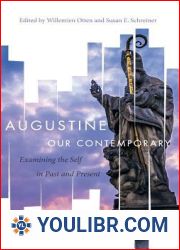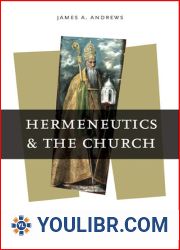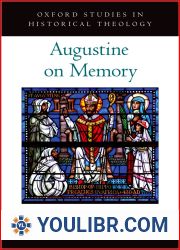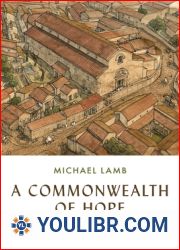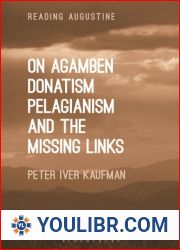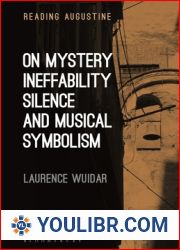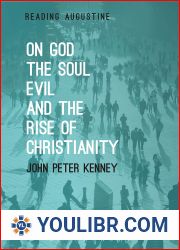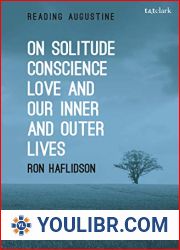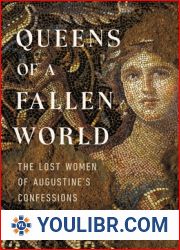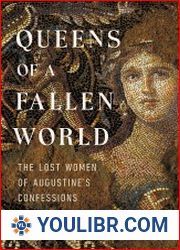
BOOKS - Augustine's Manichaean Dilemma, Volume 1

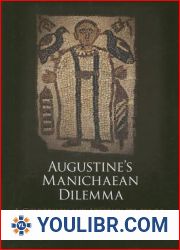
US $6.55

411859

411859
Augustine's Manichaean Dilemma, Volume 1
Author: Jason David BeDuhn
Year: January 1, 2012
Format: PDF
File size: PDF 1004 KB
Year: January 1, 2012
Format: PDF
File size: PDF 1004 KB
Augustine of Hippo is history's best-known Christian convert. The very concept of and "conversio and " owes its dissemination to Augustine's and "Confessions, and " and yet, as Jason BeDuhn notes, conversion in Augustine is not the sudden, dramatic, and complete transformation of self we likely remember it to be. Rather, in the and "Confessions and " Augustine depicts conversion as a lifelong process, a series of self-discoveries and self-departures. The tale of Augustine is one of conversion, apostasy, and conversion again.In this first volume of and "Augustine's Manichaean Dilemma, and " BeDuhn reconstructs Augustine's decade-long adherence to Manichaeism, apostasy from it, and subsequent conversion to Nicene Christianity. Based on his own testimony and contemporaneous sources from and about Manichaeism, the book situates many features of Augustine's young adulthood within his commitment to the sect, while pointing out ways he failed to understand or put into practice key parts of the Manichaean system. It explores Augustine's dissatisfaction with the practice-oriented faith promoted by the Manichaean leader Faustus and the circumstances of heightened intolerance, anti-Manichaean legislation, and pressures for social conformity surrounding his apostasy.Seeking a historically circumscribed account of Augustine's subsequent conversion to Nicene Christianity, BeDuhn challenges entrenched conceptions of conversion derived in part from Augustine's later idealized account of his own spiritual development. He closely examines Augustine's evolving self-presentation in the year before and following his baptism and argues that the new identity to which he committed himself bore few of the hallmarks of the orthodoxy with which he is historically identified. Both a historical study of the specific case of Augustine and a theoretical reconsideration of the conditions under which conversion occurs, this book explores the role religion has in providing the materials and tools through which self-formation and reformation occurs.








